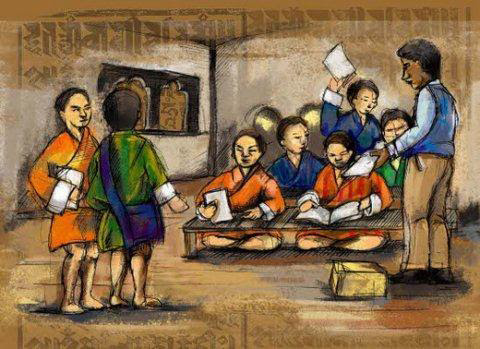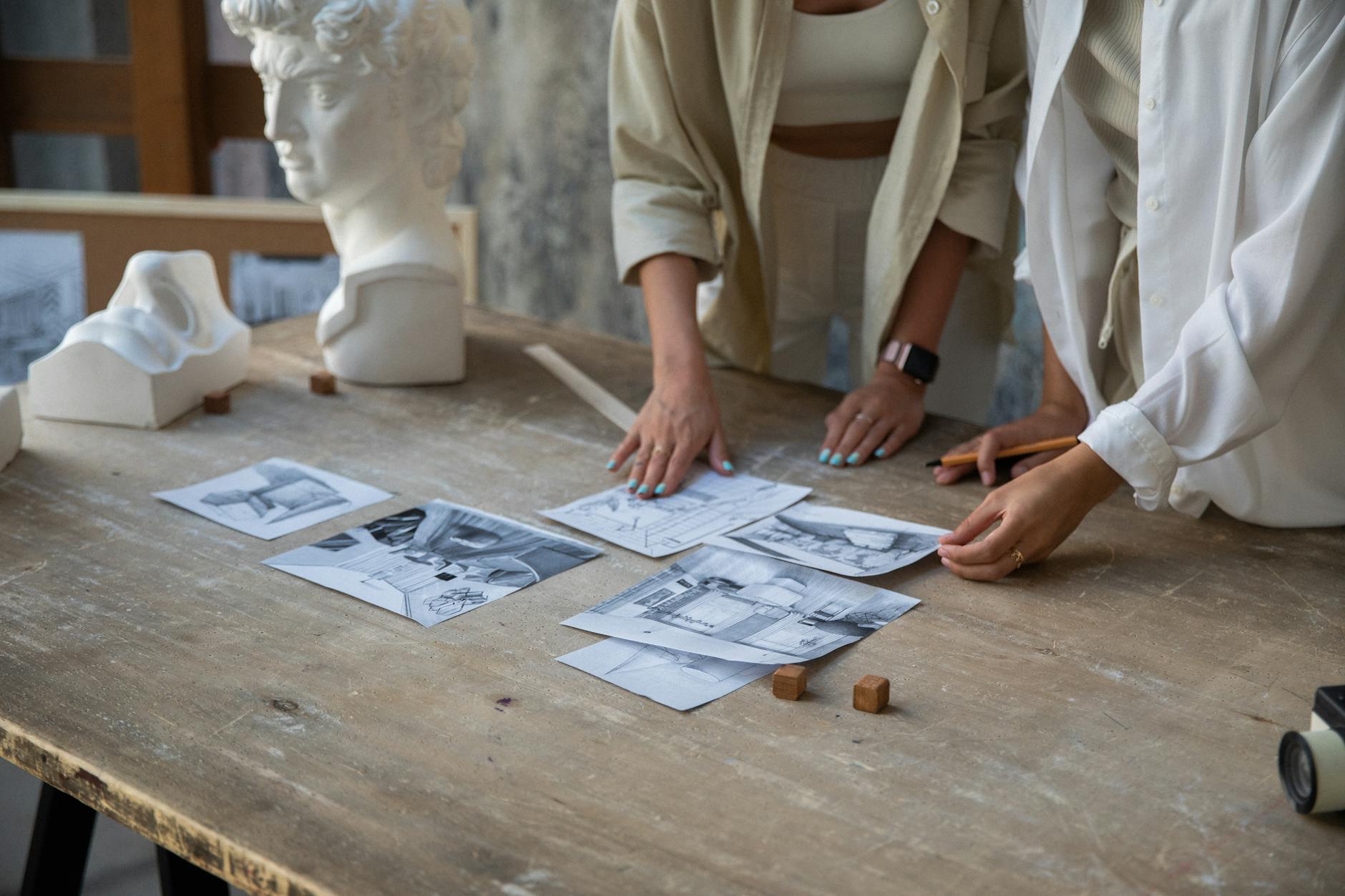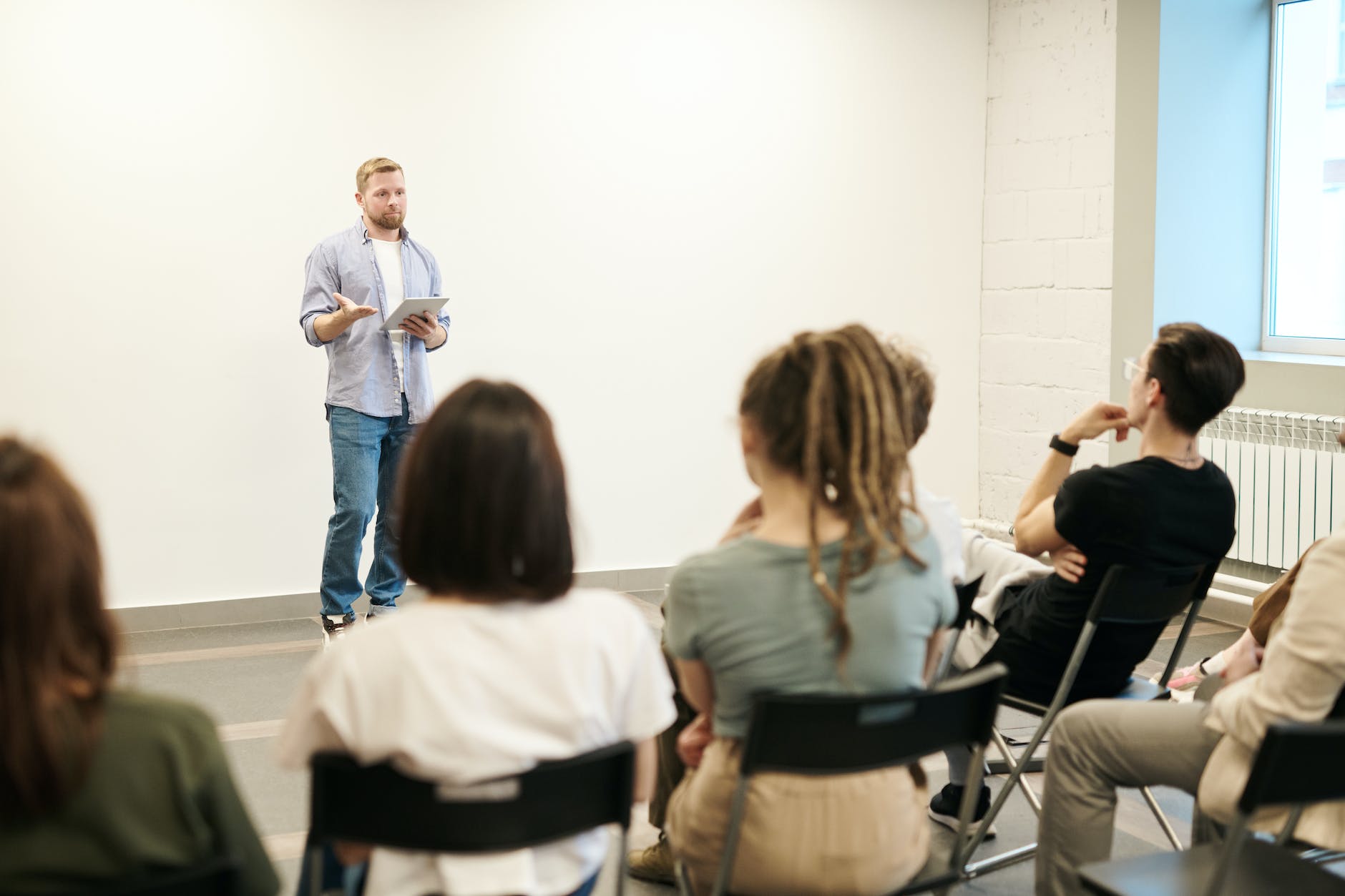Table of Contents
YOITANNES AMOS COMENIUS (1592-1670) IN MORAVIA (CZECHOSLOVAKIA)
He is a modern Western education philosopher. He was a bishop, a seasoned teacher. He was an experienced and educated reformer (change) he saved as a link between the old and the new ideas in education. His ideas on education represent a criticism of the practice of education in his days while most of his recommendation has spread anticipate most of the ideas of modern ideas.Comenius’s Education Ideas
He believed that the aim of education was the development of human intellect so as to be able to study nature and know God. To support his own ideas of education as a powerful tool for achieving one’s potential. He employed the analogy of the seed. A man is like a seed full of potentialities that can be realized, stunted or (invocated) depending upon the soil it grows in and the nourishment it receives. According to Comenius, there are three elements that must be put together. 1. The capabilities of learners which Comenius existed for body in different quantities and qualities. 2. The content of the curriculum which correspond to the soil. 3. The teacher and his teaching methods which correspond to nature. A good education is one that organizes in accordance with these factors. He said that if a man worked well on curricular and teaching methods, the natural gift of intelligence is from God. He further said that education was a birth right, everyone was educable provided they had access to education provided by the state. He advocated for adult education and special education. He advocated for teaching in local languages. He was against corporal punishment or beating children. The right teaching methods where of great importance and learning was to be speedy. He advocated for the use of teaching and learning aids in the classroom. He produced orbispictus (the world in pictures) were depicted at the same time. His guidance of the teacher is contained in the pamphlets and books. The most famous are; 1. The great didactic on teaching methods. 2. Orbispictus the world in pictures. 1. To translate his ideas of universal education into reality. He divided the period from childhood to adulthood into 21 age ranges each constituting six years. 3. The period of home or part of it in the nursery training senses. · (0-6) the development of the ability to speak mother’s tongue · (7-12) elementary school which had to be provided by the state citing one school in every village. · (13-18) secondary grammar school which was the adolescence was fully provided by the state, the aim of education was to train intelligence and understanding through a general and liberal curriculum. · (19-24) Education for youth’s universities of academy provided by the state all these levels were to be all on international (collegiums lucid) whose function was to co-operate unity or learning.Comenius suggested gilding in the classroom.
1. Children are usually curious and willing to learn provided they see the immediate purpose of doing so. 2. Let learning by children be without tears. 3. Let children learn through drawing pictures and painting. 4. Memory work should be little; teacher should explain and must be thoroughly understood by the children before they commit it to memory. 5. Institutions must be made to fit the child’s level of understanding and development. 6. Subjects should be graded according to progressive degree of newness and difficulty learning from known to unknown. 7. Classroom should be well lit bright, pleasant, decorative pictures and other learning aids. 8. The school must be made a house of joy not a place of torture it should be located in beautiful surrounding with good scenery and quite atmosphere. 9. The whole education structure must be carefully graded so that the children are grouped according to the method appropriate to their understanding that is carefully construction of the curriculum. 10. Attention should be paid when drawing up the syllabus.Maria Montessori (1870-1952) and Western Education
Jean Jacques Rousseau (1712-1778)
He was a French political philosopher and an educationist; he was born in genera Switzerland his parents were of French protestant origin. Rousseau is referred in most cases as the father of progressivism. His views on the child were in most cases contrary to the society of his time. His works had the dippiest and vastest importance on teaching methods and education in general. His educational ideas were written in a book called Emile and they brought about a new beginning in the way children were looked up. He said that education was for the development of the child’s ability to cope with his own problems and needs and not for the preparation for some long-distance adulthood. He further said that education for the child suit forms on his own experience, interest and needs and education should be provided by the state and it should be in stages from infancy to adolescence. He rejects the image of the child as a fruit of sin as it was believed in them. He said that education was an ark in which humanity was to be saved from the flood (ignorance). he said true education is self-education and the education of children should begin at home. Parents should play their role but should not preach to the child. They should only set a good example and make the child make his/her decisions because the child will not be anything else than what he/she is destined to be. He presented that for proper education to take place, the child should have a lot of freedom and the teacher must not impose (lay on) his will on the child. Rousseau said that the teacher should be acquainted with the child. He rejected all forms of education based on the principles of authority. He also argued that children should not be introduced to pre-digested texts as doing so would be imprisoning them. He did not favour strict discipline or any form of corporal punishment. He said the teacher must accomplish his mission of teaching in such a way that all pupils believe s/he her/himself is the master while it is the teacher who is. He added that the PPIs are totally dependent on their teacher loving care. He condemned the custom of his time where were sent away to be cared for and educated by other people and that each child should be taken and treated as an individual.Fredrick Froebel (1782-1852) German
He was a German and a teacher for most of his active life and he was also an education reformer. He organized kindergarten (garden of children). this was a form of preschool schooling. The idea of a school for every child was originally advocated by Comenius who said that children should receive the same education in the early childhood of their lives. However, Froebel got the credit and was honoured as the founder of the kindergarten movement. He said kindergarten should have a lot of physical activities. He further said the correction of the kindergarten curriculum should be play activities for the children and that games are the children most serious occupation. He saw the play as a form that children activity looks in the quest of self-development towards the internal unity that unites all things (God). He designed most of the games that are played with the ball. He developed a sense of unity when a child played with a longer wooden cube divided into smaller cubes of equal sizes; the child learns the relationship between the whole and apart. He emphasized games in which children were arranged in circles so as to convey the idea of unity. He also said drawing; painting, paper folding and cutting and clay moulding were forms of self-activities that should be included in kindergarten. Singing should also be given attention as a self-activity. Pictures, words that match withdrawing should also be used in teaching kindergarten. He also said that larger classes should be taught using the monitorial method of teaching and that teaching should be from familiar to less familiar and teachers should always draw conclusions.Johannes Herbart (1776-1841)
He was a German philosopher and educator and one of pioneers of modern western education. He lived between 1776-1841. He studied Pestalozzi’s ideas and methods of teaching before coming up with his own which he developed and tested at a nearby secondary school. He later founded a teacher training college to broadcast his teaching methods. He combined philosophy and psychology.Educational Ideas
He said the mind at birth is a tabula rasa (a clean state) without any innate or inborn powers and without tendencies towards goodness or badness. He said a mind is a unity with conscious and sub-conscious parts and that all knowledge is derived from impressions and ideas which enter the mind and get processed by it (knowledge is due to the environment). He believed, advised and argued that whatever inequalities arise in knowledge, education and other qualities of a person are due to the environment. He objected to the genetic doctrine which proposed that learning traits are inherited by children from their parents at birth. He emphasized the importance of a conducive and well-structured learning environment. He also stressed the indispensable role of a teacher in education. According to Herbart the aim of education is to produce a morally good person with an urge from the inside to do what is right and good, with knowledge of what is good and right. Education should also enable an individual to possess the will and determination to do what has been learned. Instructions that are given must fulfil two important functions which are; impart the knowledge of what is good and develop the will to do. Knowledge will only be adequate if it encompasses physical, moral, aesthetic and emotional interest as such care must be taken when preparing the curriculum so that all interests are intergraded. Subjects should bring out an interrelation and be broken down to syllabi and into learning tasks logically. Learning must be from known to unknown, simple difficulty. Children should not be left alone to learn over themselves because they have insufficient experiences. They must be introduced gradually to the existing store of culture. The teacher must first arouse the interest of the child in the topic of instructions. He greatly emphasized that for instructions to be properly presented five steps must be followed. 1. Preparation; this step involves planning what to teach and review what the pupils learnt previously. 2. Presentation; this step involves considering what has been prepared is going to be presented (methods of teaching) it emphasizes doing things logically and clearly analysing bits of information and explaining foreign terms (words). 3. Association; in this step pupils make comparisons between new knowledge and old knowledge with the guidance of the teacher. 4. Systemization; here there is reviewing or recapitulating what has been learnt drawing summaries and conclusions. 5. Application; this step involves trying out and applying knowledge in solving problems.John Dewey (1859-1952)Role on Modern Western Education




